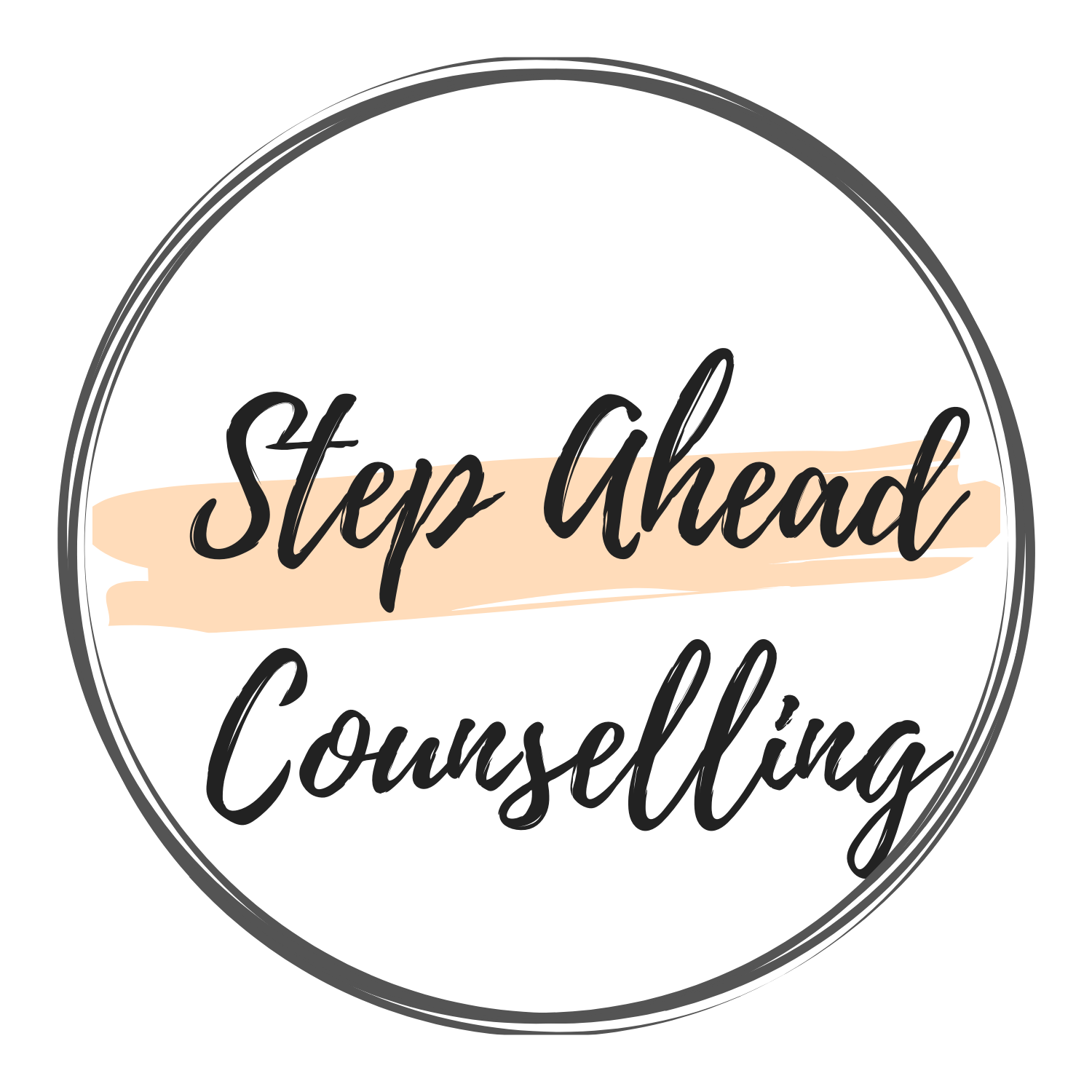How does Counselling work?
Counselling can be powerful, rewarding, and empowering. According to McLeod, 2013 (p. 8) “Counselling is fundamentally based on conversation, on the capacity of people to 'talk things through' and to generate new possibilities for action through dialogue.”
When you engage in counselling you will be working with a trained professional in a safe, supportive, and confidential space where you will be able to tell your story without judgement. The Counsellor will help you work through your emotions, delve into past trauma, identify your triggers, and help you make positive changes to your life.
Counselling is personalised
The client drives counselling sessions and decides on the pace of how much information they wish to share, and how deep they are willing to go. After all, trust must also be developed in the therapeutic relationship.
Counsellors don’t give you all the answers, you are empowered to be the driver and make those decisions yourself. Counsellors do however help you find the right tools to help yourself. This assists clients to build skills that they can use to solve other difficulties in their lives.
For example, if a client seeks counselling to help with their anxiety around workplace issues, they will also be able to use the information, tools and skills they learned in counselling, in other areas of their life where anxiety shows up.
Different ways Counsellor’s practice
As therapy is personalised, counsellors will adjust their methods and approach to best serve their client. Counselling doesn’t operate as a ‘one-size-fits-all’ approach. For example, therapy for obsessive negative thoughts will likely look much different than therapy for a phobia of water.
There are many different types of approaches, and theories of counselling. Some counsellors only practice one type of counselling (e.g., cognitive behavioural therapy) whilst others use a variety of techniques taken from a range of approaches. This is known as taking an “eclectic” approach.
You can help personalise your own therapy experience by choosing your own counselling, so look for someone you feel comfortable with. And if you have a preferred method of counselling approach, then it is essential you find a counsellor who not only operates in that niche, but also specialises in it.
What happens during a counselling session?
In the initial session, a counsellor will talk with clients about their goals. At each session, a discussion will occur on where you stand and the status of the issues that brought you in. Counselling is an incremental process that slowly happens with time and growth, and each counselling session serves as a step towards your progress.
As you open up, and start to unpack your feelings, your counsellor might provide you with some insight, or help you deconstruct what you just shared. They may also give you a task if they think it’s important for your progress.
You will have many small ‘aha’ moments in a counselling session, but there is no big eureka moment in counselling where you overcome your issues with one big cry. Counselling is more like a series of small breakthroughs and moments of realisation, and the client will still need to do the work outside of counselling and revisit the issue in the next session.
Can counselling ‘fix’ me?
Counselling can’t fix you because you are not broken. You are whole, you are pure; you are a human-being made in the eyes of your creator.
A successful counselling experience does not mean a client is cured or fixed, it means the person has the inner and outer resources to deal with the ups and downs and challenges of their life.
For further help or support in helping you deal with any challenges that life has thrown you, please visit Step Ahead Counselling based in Nundah, Brisbane, QLD.
